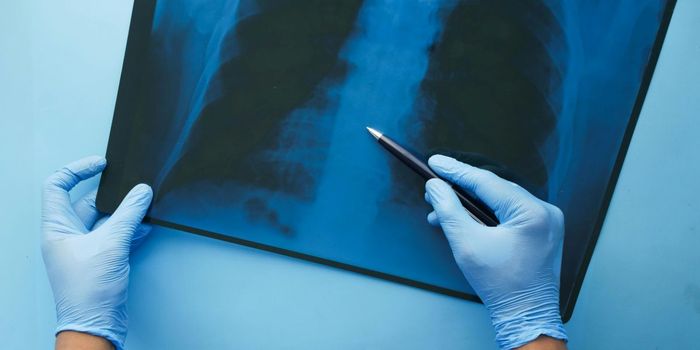CBD Relieves Behavioral Symptoms in Young People with Autism

“The global population prevalence of ASD diagnosis amongst children and adolescents is growing, but many treatment pathways are not effective. It is promising to see the effect of CBD cannabis extract on the study participants. However, there still needs to be considerable focus on further research with larger trials to clarify its efficacy and safety in managing ASD,” said lead investigator, Lara Cappelletti Beneti Branco of São Camilo University Center, University of São Paulo in a press release.
Around 3% of children and adolescents are affected by ASD in the US. While preliminary data indicates that CBD may help manage ASD symptoms, its efficacy and potential harms are yet to be systematically explored. To this end, the researchers behind the current study conducted a systematic review and meta-analysis of clinical trials investigating the efficacy and safety of CBD extracts for relieving ASD symptoms in children and adolescents.
For the study, the researchers analyzed three studies including 276 individuals. Around 78% were male, and their average age was 10.5 years old. Interventions included orally administered CBD cannabis extracts with dosages ranging from 1 mg/kg per day to 10 mg/kg per day.
Ultimately, the researchers found that CBD extracts moderately increased social responsiveness and led to small but significant reductions in disruptive behavior and anxiety. The extracts also helped sleep quality, although these effects were not statistically significant. No significant difference in adverse effects was reported between those taking CBD and a placebo, suggesting a favorable safety profile.
“These findings support the potential consideration of CBD cannabis extracts in ASD treatment plans. However, the review's limitations include a small number of studies, limited sample sizes, and significant heterogeneity,” wrote the researchers in their abstract.
Sources: EurekAlert








